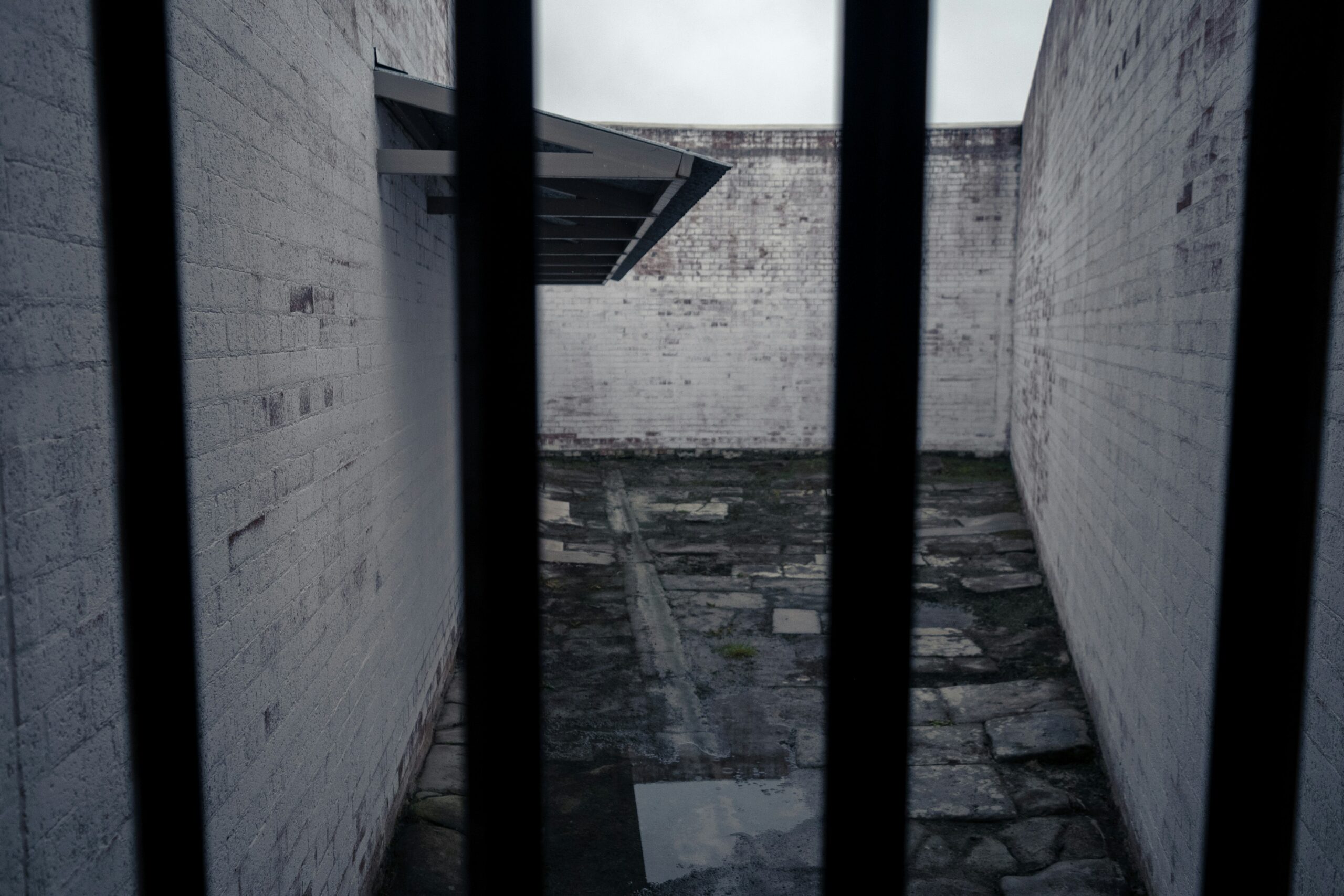
The Balochistan Assembly, on June 4, passed the Anti-Terrorism (Balochistan Amendment) Act 2025, a new law that gives sweeping powers to the already powerful security forces operating in Balochistan. This legislation was introduced by amending the already flawed federal Anti-Terrorism Act of 1997, originally enacted by Pakistan’s National Assembly. Since anti-terrorism legislation falls within the Federal Legislative List, the Balochistan Assembly has no constitutional or legal authority to amend such a federal law. The passage of this amendment not only raises serious legal concerns but also highlights the Assembly’s indirect subservience to Pakistan’s military establishment.
The new legislation has been met with strong criticism from rights groups, legal experts, and civil society, who warn it could further fuel repression and unrest in the region.
The legislation allows military and intelligence agencies, including the Pakistan Army and ISI, to detain individuals for up to 90 days without filing any formal charges or presenting them in court. This can be done purely on the basis of suspicion, with no requirement for judicial oversight.
Joint Investigation Teams (JITs), composed of police and intelligence operatives, have been handed expanded authority to issue detention orders, conduct ideological profiling, and carry out searches and seizures without prior judicial approval. Military personnel will now also have a formal role in civilian oversight panels.
Critics warn the law blurs the line between civil policing and military operations, paving the way for mass surveillance and state repression, particularly targeting the Baloch population.
Human rights organisations, including Human Rights Commission of Pakistan (HRCP) Amnesty International, Human Rights Watch, and local watchdogs, have slammed the legislation, calling it a clear violation of constitutional protections and international law, particularly Article 10 of Pakistan’s Constitution and the International Covenant on Civil and Political Rights (ICCPR), which Pakistan has ratified.
Enforced disappearances have haunted Balochistan for decades. Numerous families continue to search for missing loved ones, some unaccounted for after 15 to 20 years, abducted by the security forces of Pakistan.
This piece of new and extra law is effectively legitimising the draconian state practices, turning Balochistan into a legalised detention centre in Pakistan. Pakistan’s security forces are using all state institutions to cover up and legalise the heinous crimes they are committing against the Baloch people. The collective punishment of the Baloch needs immediate international attention, and Pakistan has to be held accountable for such crimes against humanity.
